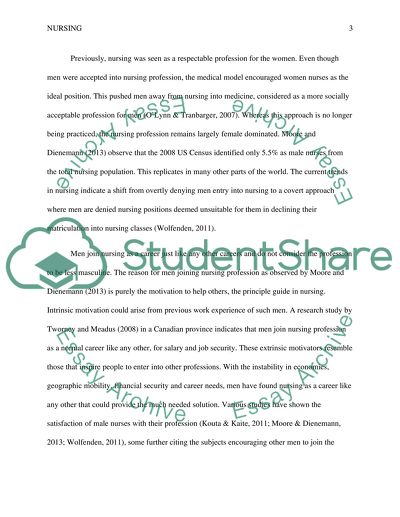Cite this document
(“Why so few men choose nursing as their profesion Research Paper”, n.d.)
Retrieved from https://studentshare.org/nursing/1492953-why-so-few-men-choose-nursing-as-their-profesion
Retrieved from https://studentshare.org/nursing/1492953-why-so-few-men-choose-nursing-as-their-profesion
(Why so Few Men Choose Nursing As Their Profesion Research Paper)
https://studentshare.org/nursing/1492953-why-so-few-men-choose-nursing-as-their-profesion.
https://studentshare.org/nursing/1492953-why-so-few-men-choose-nursing-as-their-profesion.
“Why so Few Men Choose Nursing As Their Profesion Research Paper”, n.d. https://studentshare.org/nursing/1492953-why-so-few-men-choose-nursing-as-their-profesion.


